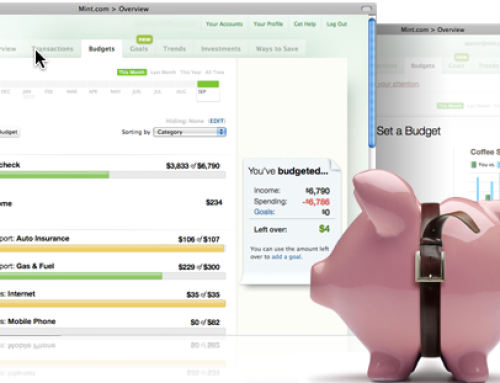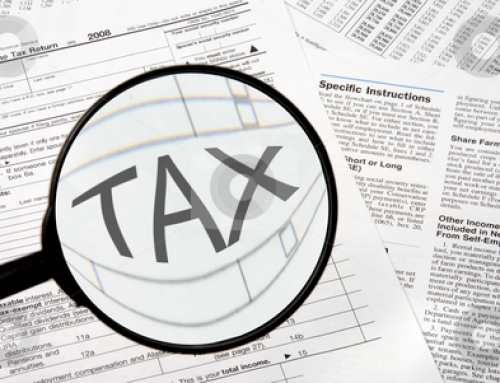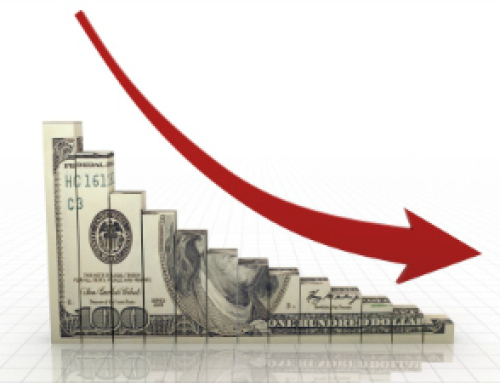Your credit score amounts to your financial reputation. If you want the best interest rate on a mortgage, and the lowest insurance premiums, you need a good financial reputation. Banks, lenders, insurers, and others offering financial products and services need to feel that you are an acceptable risk. Cultivating a good credit score is an essential part of financial success.
While it is possible to improve your credit if your score falls, it’s better to avoid big credit mistake from the outset. If you want a good credit score, here are 5 major mistakes to avoid:
1. Missed and/or Late Payments
The single biggest factor in your credit score is your payment history. Your payment history accounts for about 35% of your credit score. If you skip a payment, or make it a habit to pay late, the information will be reported to the credit bureaus, and your credit score will reflect your dilatoriness.
Focus on making your payments on time, and paying the minimum required amount. That way, you can show that you are capable of making your payments as agreed, and your credit score will improve.
2. Avoid Using Credit
The whole point of a credit score is to provide a measure of how you use credit. If you never use credit, it&’s impossible for financial services providers to measure your level of responsibility. Avoiding credit altogether can be a huge mistake. If you want a higher credit score, you need to use credit judiciously. Just make sure that, once you have a loan (including a credit card), you pay it off quickly. Don’t make the mistake of assuming that being in debt is a good thing. Using credit is not the same as being in debt.
3. Apply for a Great Deal of Credit
Another mistake is to apply for a large amount of credit. Applying for several credit cards at once, or applying for a huge loan (especially one you can’t truly afford), will only result in trouble, and can reduce your credit score. Instead, carefully consider your financial goals, and the type of credit you can afford. Start out with one revolving account, and one installment account.
Having different types of accounts can help your credit situation. A credit card is a revolving account, and you can balance it out with an installment account, such as a personal loan, auto loan, or mortgage. Be measured in your approach, and careful to make your payments, and avoid applying for a ton of credit.
4. Failure to Review Your Credit Report
A credit score is based on the information found in the credit reports compiled by consumer credit bureaus. If the information in your credit report is wrong, it can impact your credit score. Duplicate accounts can make it look like you have more debt than you actually do. Additionally, fraudulent accounts on your credit report can impact your score.
5. Failure to Monitor your Credit Scores
Your credit score can change monthly if you’re actively working to improve it. Using a credit score tracking service is the best way to monitor this because you can instantly see your improvements from all three bureaus. Remember, you only get one free report per year, so spending a few bucks a month can be a good way to make sure your credit score is improving and the items on your report are accurate. Click here to learn more.
In order to protect your credit score, you need to make sure the information in your report is accurate. Check your report regularly (you are entitled to a free report from each bureau each year at www.annualcreditreport.com), looking for harmful information that could be dragging down your score. While you can’t remove accurate negative items, you can have inaccurate items removed from your report.
As long as you pay attention to your credit, and work to avoid major mistakes, your score can open financial doors for you.













Follow Us